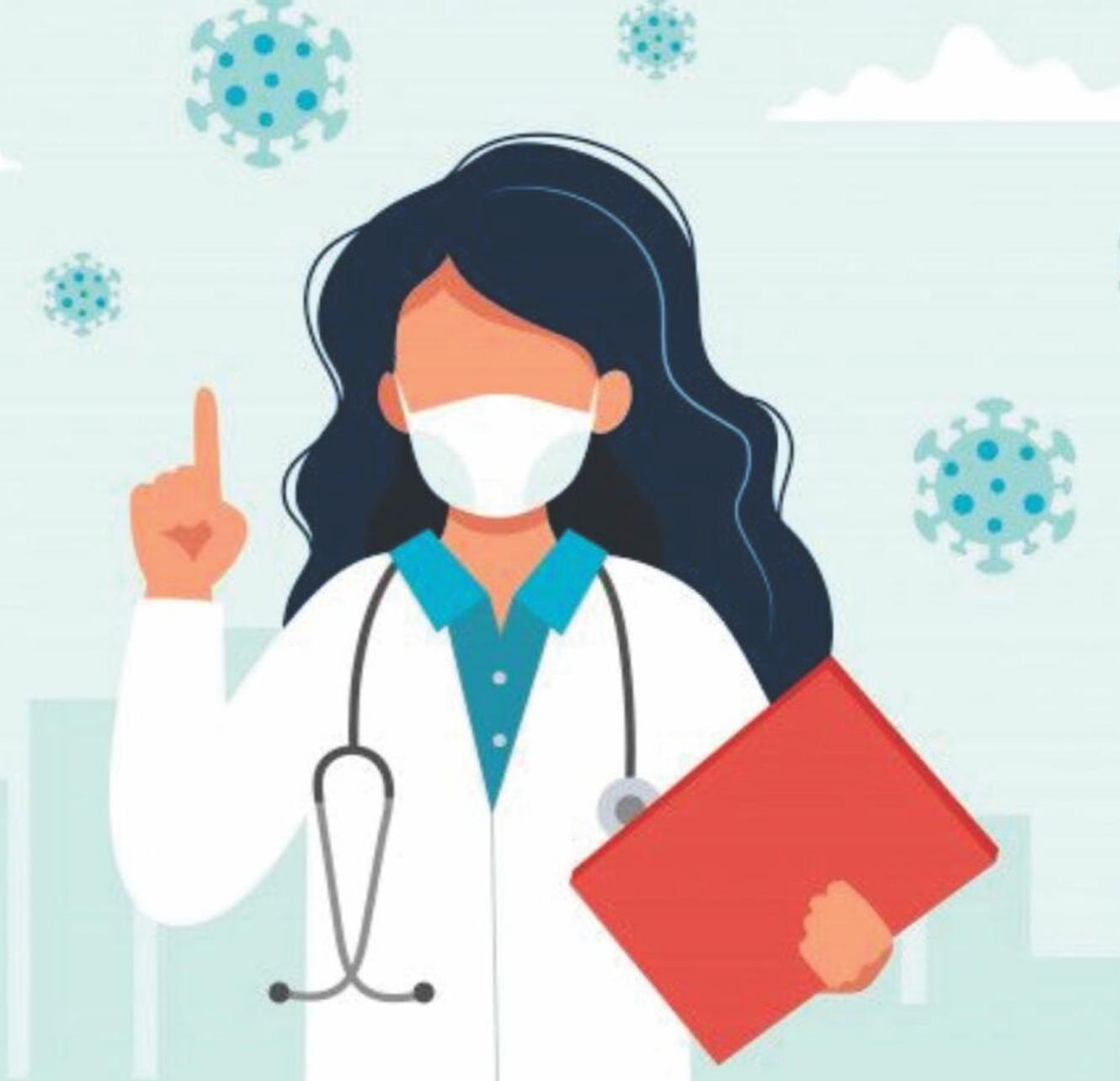Trends on Social Media and the COVID-19 Vaccine
Since being released on December 11, 2020, the COVID-vaccine has been a subject of controversy, especially amongst anti-vaxxers. Social media has been a breeding ground for debate and sharing information about the vaccine; the Pew Research center found that 4 in 10 Americans rely on social media following news of the COViD-19 vaccine (Mitchell and Liedke). Anti-vaxxer posts hacked Twitter and Instagram sexual assault hashtags from #idontconsent to #mybodymychoice. Many anti-vaxxer users have become “creative” using hashtags such as #VaççinesKill: using the cedilla on the word vaccine as a loophole around social media censorship to broaden their presence.
Despite misinformation on social media surrounding the COVID-19 mRNA vaccine, the trending hashtag #DoctorsSpeakUp is a social media coalition of doctors and infectious disease experts aiming to change social media from a source of misinformation to being a site of vaccine education (Morris). The anti-vaccine rhetoric with myths of the COVID vaccine ceasing the reproductive capability resulted in an uprising of female-empowered doctors and experts in virology took a stance to inform audiences of COVID vaccine targeting audiences not only on Facebook and Twitter but also on younger demographic platforms such as TikTok.
Female virologists have dedicated their expertise and themselves on social media in response to concerns of the vaccine’s safety with the cult of vaccine fear growing. These virologists include the likes of Dr. Jessica Malaty Rivera; lead of the @covidtrackingproject and seminar speaker at multiple conversations on COVID vaccination and Ph.D. student: Charlotte or @epidummyology on Instagram whose account posts infographics with updates on vaccine efficacy data and interpretations of COVID vaccination data.
One of these medical professionals, Dr. Heather Alger; who earned her Masters’ degree from John Hopkins University in public health and epidemiology, and the National Director at the American Heart Association agreed to my request for an interview on her perspective through being a woman in STEM herself. She shares her perspective on social media; a double-edged blade for the COVID-19 vaccine.
Special Interview with Dr. Alger
How were you introduced to the field of epidemiology?
I became interested in epidemiology as a teenager when I read The Hot Zone, though I didn’t quite know the term for the field until later. I have training in both biochemistry and epidemiology, so I like to say that I am interested in diseases from the molecular through population level.
What is your experience with being a woman in STEM?
My experience as a woman in STEM has had its ups and downs, but it has benefited tremendously from the pioneering women in STEM breaking down walls before me. I hope to do the same for the next generation of women and girls interested in careers in STEM because the possibilities are endless.
How have you used your expertise in the field of epidemiology with helping to advocate for vaccination to others around you?
Absolutely. Most of my circle was eager to roll up their sleeves and get vaccinated as soon as possible. There are a few hold-outs, but rather than pushing, I try to listen and answer questions with facts and evidence. We’re seeing a lot of cognitive dissonance and confusion about many things, not just COVID, and people have a hard time knowing what to believe. I try to be an honest broker of audience-appropriate information and provide data without overwhelming the person I’m trying to help without pushing.
What is your perspective on social media as a source of information and advocacy for the vaccine?
Social media is a double-edged sword. We can reach a broad audience quickly, but that is available for both true and false information. Again, we’ve seen this more broadly than just COVID. Social media isn’t going to go anywhere any time soon, so it’s really important for us to use it responsibly and critically. I also share different information with different audiences. In my professional-facing social media accounts, I will share more detailed scientific information because it’s appropriate for that audience. In my personal accounts, I tend to share information at a little higher level from trusted sources such as CDC, WHO, or Johns Hopkins.
With concerns regarding pregnancy with the vaccine and how children will respond to the vaccine; what is your response to these concerns as an infectious diseases expert?
Unfortunately, there has been a lot of misinformation about COVID and the COVID vaccine. As experts, we can and should provide accurate information. This vaccine technology wasn’t just developed when COVID became a pandemic. The mRNA vaccine platform has been in development and testing for decades, which allowed the vaccine to be developed, tested, and distributed relatively quickly. Personally, I think everyone who is eligible, including
pregnant women and school children, should get vaccinated because it is the quickest way to get COVID under control and provide protection against variants. If pregnant women are concerned about getting vaccinated, they should talk to their doctors or other experts, rather than making decisions based on what they’ve read on the internet or social media. One of the concerns that I’ve heard is that the mRNA vaccine will change the DNA of the vaccinated person. This is incorrect but has been repeated over and over. People should trust the experts and scientists who have dedicated their lives to improving public health.
Special thanks to Dr. Heather Alger for agreeing to be a part of this interview.
Works Cited
Gunaratne K, Coomes EA, Haghbayan H. Temporal trends in anti-vaccine discourse on Twitter. Vaccine. 2019 Aug 14;37(35):4867-4871. doi: 10.1016/j.vaccine.2019.06.086.
Epub 2019 Jul 9. PMID: 31300292.
Mitchell, Amy, and Jacob Liedke. “About Four-in-Ten Americans Say Social Media Is an Important Way of Following Covid-19 Vaccine News.” Pew Research Center, Pew
Research Center, 24 Aug. 2021, https://www.pewresearch.org/fact-tank/2021/08/24/about-four-in-ten-americans -say-social-media-is-an-important-way-of-following-covid-19-vaccine-news/.
Morris, Seren. “Anti-Vaxxers Have Hacked the #DoctorsSpeakUp Hashtag to Spread Misinformation.” Newsweek, Newsweek, 5 Mar. 2020,
https://www.newsweek.com/doctors-speak-twitter-trend-anti-vaxxers-vaccine-hashtag-1490692.
